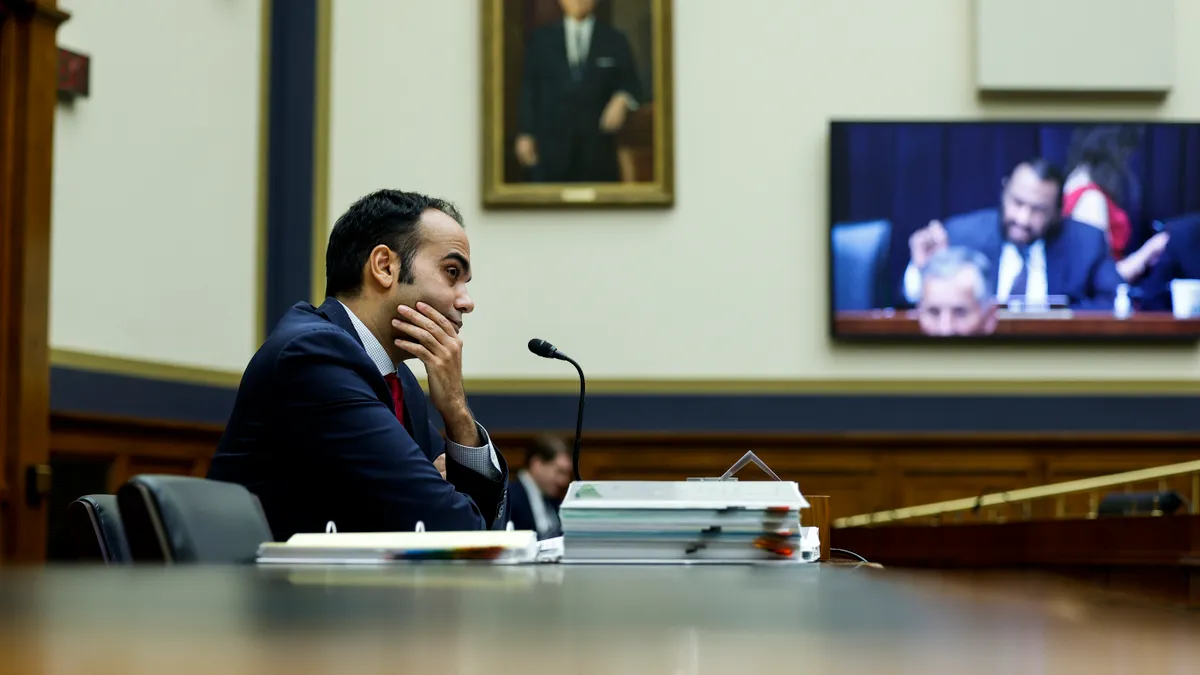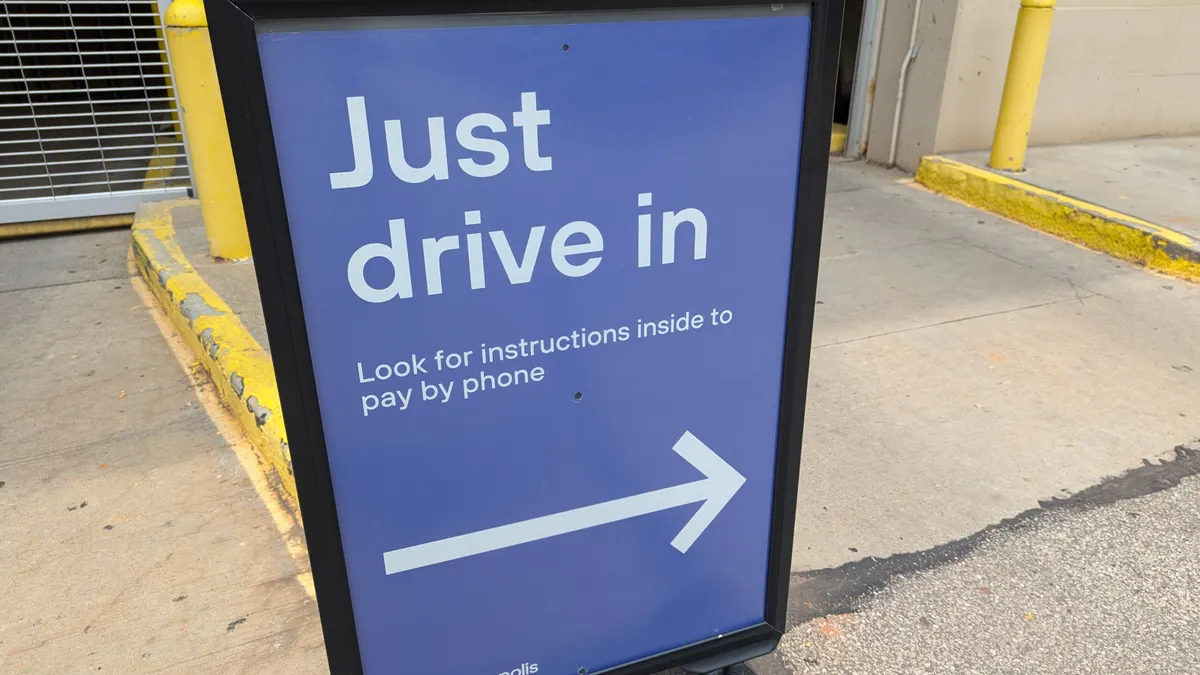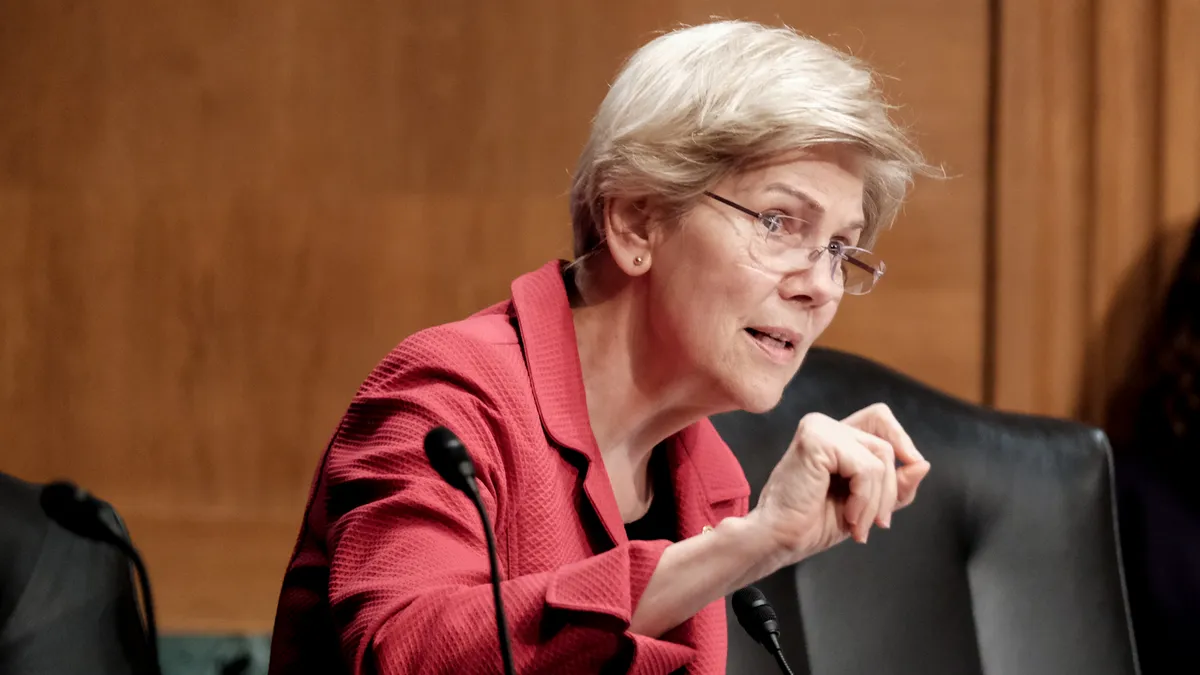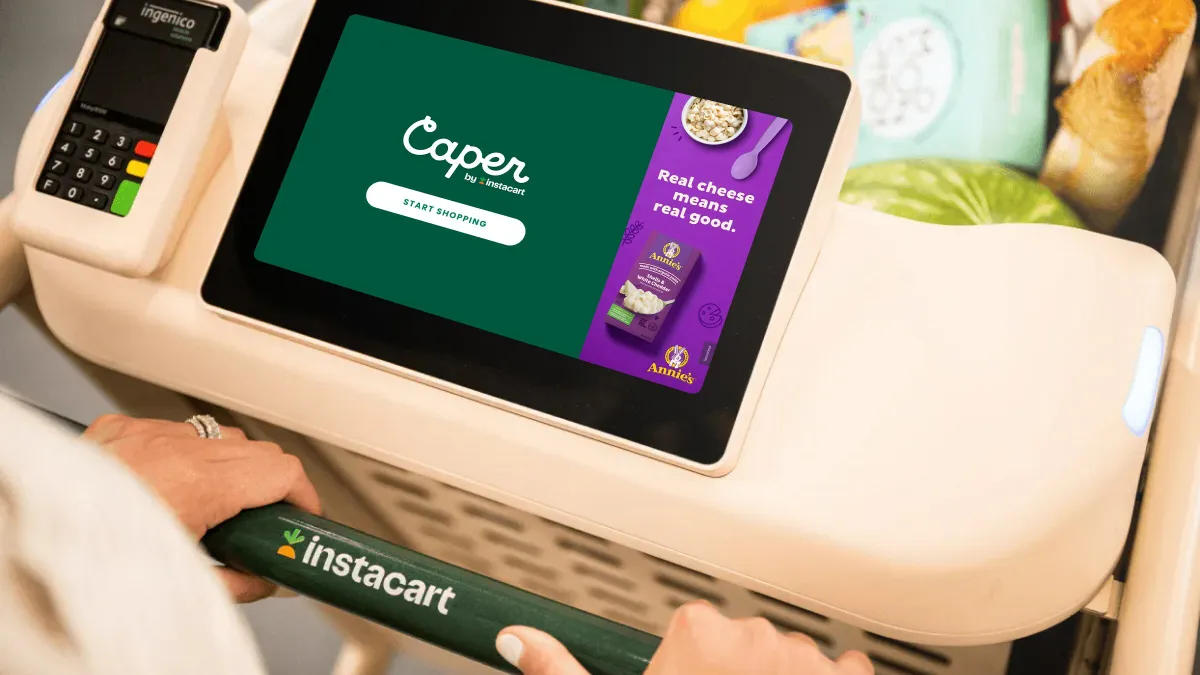With Nevada’s governor signing an earned wage access bill into law last week, it may become all the more important for the Consumer Financial Protection Bureau to state its views on the subject.
The CFPB, led by Director Rohit Chopra, has said that it would weigh in on earned wage access, also known as on-demand pay, but the federal consumer protection agency has yet to act. The agency, which is charged with overseeing financial services and products, made this commitment last June with respect to EWA:
“The CFPB plans to issue further guidance soon to provide greater clarity concerning the application of the definition of ‘credit’ under the Truth in Lending Act and Regulation Z.”
Earned wage access refers to the ability of employees to tap their wages from an employer before the end of a regular pay period. Employers provide the service by way of vendors that charge the employer or the employee, or may earn revenue from the interchange fees associated with cards to which the wages are transferred.
It’s a practice that has ballooned over the past decade with a host of companies jumping into the business of providing such access, including Payactiv, DailyPay and EarnIn, among others. Employees sometimes seek the benefit, and employers have come to see offering it as a competitive advantage in hiring.
Now that Nevada has passed a law that is somewhat at odds with the federal agency’s limited comments on the trend, it may pressure the CFPB to make a more definitive statement about EWA.
While Nevada’s law states, among other things, that such payouts are not loans, and therefore not governed by its lending laws, a CFPB advisory opinion has said essentially the opposite, calling out very few of the services as exempt from lending laws, like the Truth in Lending Act.
When the CFPB made its promise last June about fleshing out its views of EWA, it said so as part of an order terminating a special regulatory status formerly held by the provider Payactiv. It made a similar statement about clearing up its views earlier in 2022 when one of its officials commented on an EWA bill making its way through the New Jersey legislature (that bill ultimately failed).
Those statements under Biden administration leadership of the CFPB followed a November 2020 advisory opinion on EWA during the Trump administration. In writing last year about the New Jersey EWA legislation, the CFPB official, Seth Frotman, acknowledged “significant confusion in the marketplace” regarding EWA.
”It seems important for (the CFPB) to weigh in because the advisory opinion right now is being misused,” said Lauren Saunders, associate director at the National Consumer Law Center. That opinion could be rescinded by the agency, she said.
Meanwhile, California regulators are in the process of creating rules that more closely follow the CFPB’s lead, but other states, such as Missouri, are tacking in the direction of Nevada’s first-of-its-kind law.
All of which underscores the importance of the federal agency making its views known, especially given most EWA providers extend their services to employers nationwide. An evolving patchwork of state laws and regulations for the fast-growing industry is likely to be problematic for all involved.
At the moment, the CFPB’s guidance on EWA is on a collision course with Nevada’s law. The differences could cause companies involved with EWA “headaches,” said Jim Hawkins, a University of Houston Law Center professor, said. “Companies operating in all states have to comply with the federal Truth in Lending Act regardless of state law, so a company could be totally fine under Nevada law, but still run into trouble under the federal Truth in Lending Act,” he said in a LinkedIn message.
In any case, the Nevada law is “significant because it may influence the CFPB, or even other states considering their own EWA laws,” Hawkins said.
Earned wage access isn’t the only new payments trend on which the private sector is awaiting more input from Chopra’s administration. The agency has also said that it would provide more guidance on buy now, pay later, a type of digital installment offering that allows consumers to pay for goods and services over time. While the service is marketed as free of legacy interest rates and fees, some BNPL options come at a cost.
A CFPB official indicated in April that some CFPB guidance with respect BNPL could be issued this year, but the agency has said little since publishing a report last September.
The agency’s reticence could have something to do with fighting an existential challenge. The Supreme Court in February agreed to hear a case challenging the constitutionality of how the agency is structured, setting up a potential ruling on its very existence.
Ironically, that challenge stems from a case in which payday lender groups sued the CFPB over its regulation in 2018. Payday businesses that offer high-interest rate loans are exactly the type of lenders that EWA providers say they aim to put out of business. When the agency does flesh out its views of on-demand pay, it may lean toward new entrant EWA vendors as preferable to predatory legacy rivals.




















